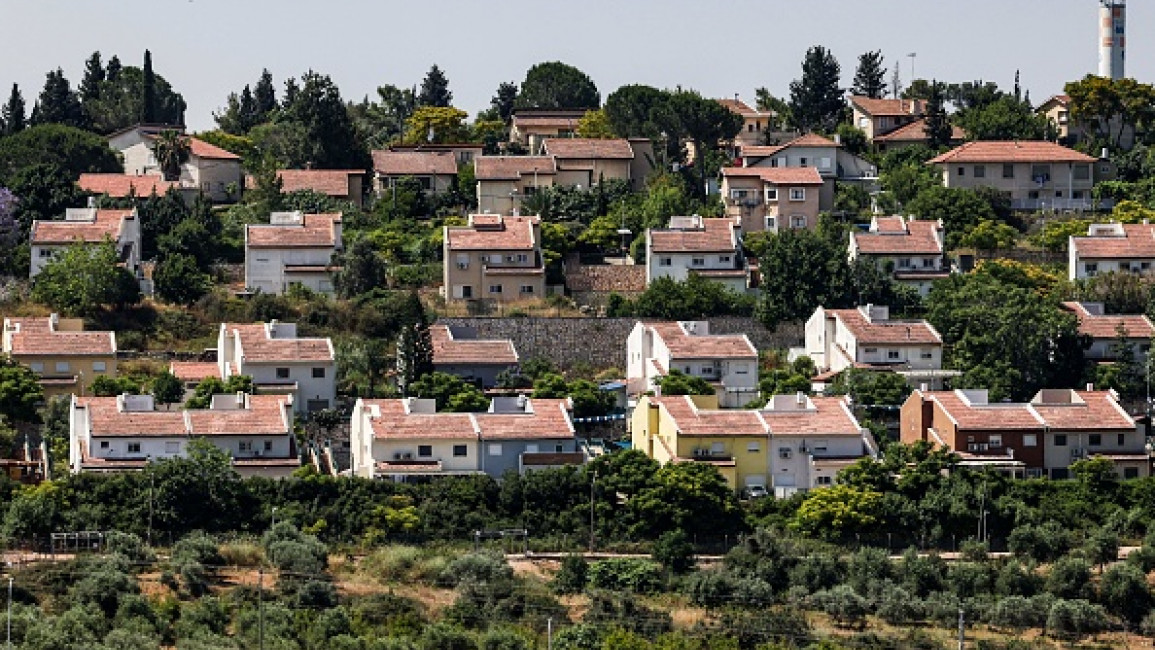Israel approves thousands of building permits in West Bank settlements
Israel's far-right nationalist-religious government approved the construction of 5,700 additional housing units for Jewish settlers in the occupied West Bank on Monday, despite US pressure to halt settlement expansion that Washington sees as an obstacle to peace with Palestinians.
The plans for approval of the housing units in various areas of the West Bank were approved by Israel's Supreme Planning Council. Jewish settler leadership praised the decision.
"I thank the Israeli government for the continued development of Israeli settlement," the head of the West Bank Gush Etzion Regional Council and chairman of the Yesha Council Shlomo Ne'man said. "Especially in these difficult days, this is the most appropriate Zionist answer to all those who seek our help."
The settlements, built on land captured by Israel in the 1967 Middle East war, are illegal under international. Their presence is seen as a major obstacle to the creation of a viable Palestinian state.
Palestinians seek to establish an independent state in the West Bank and Gaza Strip with East Jerusalem as their capital. Peace talks that had been brokered by the United States have been frozen since 2014 amid Israeli refusal to withdraw from the West Bank and dismantle settlements.
Since entering office in January, Prime Minister Benjamin Netanyahu's coalition has approved the promotion of more than 7,000 new settlement units, most deep in the West Bank.
“The Israeli government is pushing us at an unprecedented pace towards the full annexation of the West Bank," the settlement watchdog Peace Now said in a statement.



